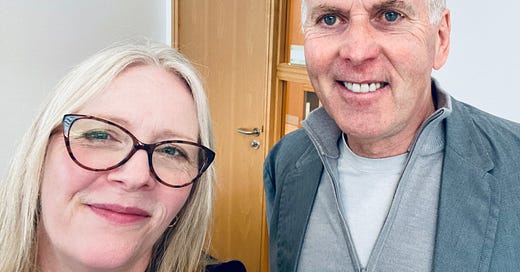In a world where everyone’s keen to share their thoughts and opinions online at lightning speed, it might seem counterintuitive to suggest that the most effective way to influence policy at times is through quiet, private conversations. The allure of big public campaigns, social media buzz, and high-profile lobbying is undeniable, but behind the scenes, it’s often those discreet chats in quiet corners that really get things moving.
Today, I want to dive into why these private conversations with policymakers and politicians are so crucial, why some discussions should remain under the radar, and why there are times when it’s better not to plaster every detail on social media. Ultimately, I want to help you understand the significance of keeping things low-key when trying to influence policy.
1. The Strategy Behind Staying Discreet
When it comes to influencing policy, trust and relationships are everything. Politicians and policymakers juggle a lot—balancing the competing demands of their constituents, party lines, and public opinion. Putting every conversation and idea out in the open can backfire by putting them on the spot too soon, leaving little room for thoughtful consideration.
By keeping discussions private, you create a safe space where dialogue can be exploratory rather than defensive, and where ideas can be debated without fear of immediate backlash. Discretion allows for more open, honest exchanges—exactly what’s needed to reach workable solutions.
Ellen meeting with Sir David Sterling.
2. Why Not Everything Needs to Be Shared Online
In our hyper-connected world, it’s tempting to think that every detail needs to be shared on social media. But when it comes to policy influence, what works online doesn’t always work offline. Social media is brilliant for raising awareness and rallying support, but it’s not where policy decisions are made. In fact, over-sharing can sometimes be counterproductive. Here’s why:
Keep reading with a 7-day free trial
Subscribe to Policy360 Substack to keep reading this post and get 7 days of free access to the full post archives.





